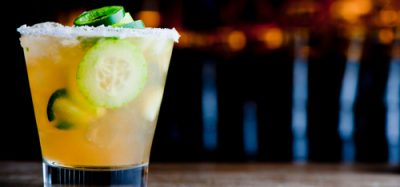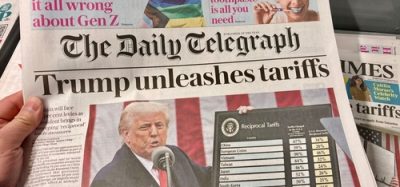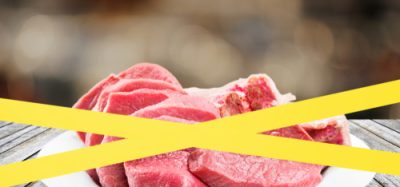Welcome to the rogue traders paradise
- Like
- Digg
- Del
- Tumblr
- VKontakte
- Buffer
- Love This
- Odnoklassniki
- Meneame
- Blogger
- Amazon
- Yahoo Mail
- Gmail
- AOL
- Newsvine
- HackerNews
- Evernote
- MySpace
- Mail.ru
- Viadeo
- Line
- Comments
- Yummly
- SMS
- Viber
- Telegram
- Subscribe
- Skype
- Facebook Messenger
- Kakao
- LiveJournal
- Yammer
- Edgar
- Fintel
- Mix
- Instapaper
- Copy Link
Posted: 16 April 2025 | Professor Chris Elliott | No comments yet
Discover how Chris Elliott reveals the dark side of erratic tariffs and their role in fuelling global food fraud.


The Pit and the Pendulum by Edgar Allan Poe is a classic horror story, first published in 1842. Poe was a master of psychological horror, much like Donald Trump is today. A lot has been said and written about the likely impacts of the sweeping and shotgun approach of tariffs that Trump & Co have announced and how his pendulum swings from one day to the next to create a global psychodrama. While his approach has been largely denounced by many global leaders and even some of his allies within the US, there is one group of people who are literally rubbing their hands together in delight – the world’s rogue traders. Let me explain why….
How chaos feeds the unscrupulous
Profit margins can vary widely across the many multi-country and complex food supply chains. This is influenced by factors such as operational costs, market competition, economic conditions, currency fluctuations and supply and demand issues, among others. But overall figures of 4 – 8 percent profit are often cited. So when tariffs, which will affect many food supply chains – even at 10 percent – are implemented, the effects on food prices could be catastrophic. Many businesses will be making valiant efforts to absorb some of these costs but when margins are already paper-thin the room for manoeuvre is very small. Recent history is littered with examples of fraud being driven by the desire to cheat on tariffs, with seafood being one example. Another is the huge fraud allegations around evasions of US tariffs of products coming from China .
A further concerning issue is the potential for commodity dumping. Countries that can no longer export to the US due to the tariffs making their produce too expensive for the market will instead look to divert products to alternative destinations. The UK and EU must be extremely vigilant about this as the food safety standards in the US are very different to ours. Products that are allowed to be imported into the US are certainly not allowed in the UK and EU. Again, the complexities of supply chains and transshipments across many countries necessitate additional vigilance in terms of inspections and testing to ensure inferior products are not landing on our shores and ending up in our stores.
When margins are squeezed, standards start to slip
The third, and in my opinion the biggest, threat in terms of fraud and food safety issues, will be the adulteration of food ingredients and commodities with various types of bulking agents to cut the cost of production and increase profit margins. This form of fraud is already prevalent in the world and the looming trade wars will only serve to drive additional bad behaviours, presenting new food safety risks.
At a time when we need stronger defences to monitor our food imports (which amount to around 40 percent of all we consume), myself and my close friend Dr Clive Black warn that we cannot rely on DEFRA to take the vital leadership role required at a time of national crisis. Instead, we must hope that the commendable UK food industry will step up its vigilance to better protect consumers. While I have little doubt that the larger organisations will do this, a significant portion of the food we consume is purchased or supplied through small retailers and food service sectors who simply do not have the knowledge or the means to tackle the growing threats of fraud.
Like a broken record, I must reiterate the call for a government department of Food Security, which is urgently needed to protect us from the multiple challenges we face as a nation in terms of our food supply system.









